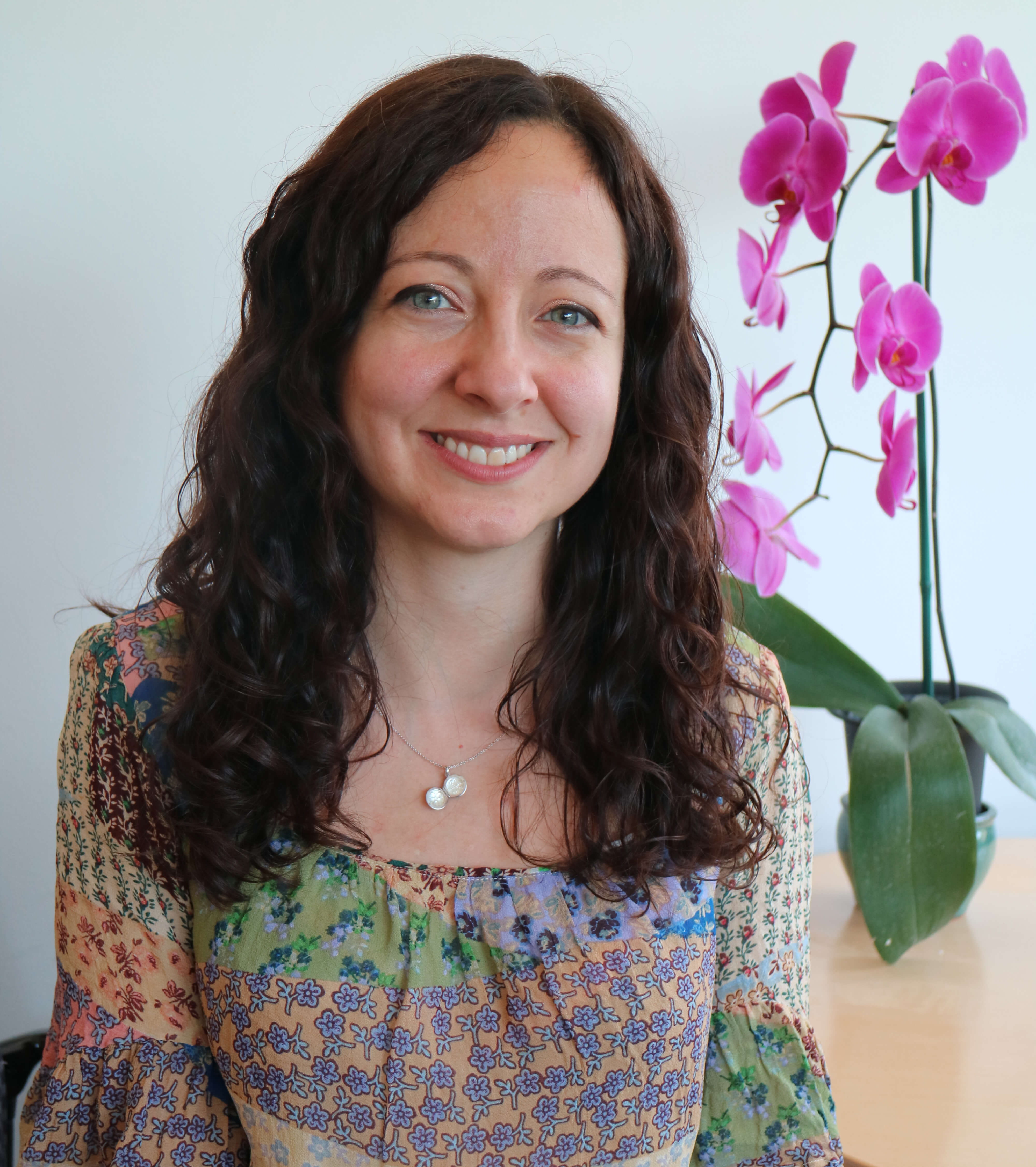
Q: What do you do in your work?
A: My group focuses on using neuroimaging methods to effectively characterize disease and response to treatment, with the focus being on patients with brain tumors.
Q: What’s your favorite part about being a scientist?
A: I have three favorite parts. I like the interactions with different faculty, students and postdocs. I do enjoy getting different perspectives and I like mentoring. As far as the research part goes, each project ends up in its own set of questions and you can pick the path that’s the most interesting. I enjoy that aspect, and it’s always changing. You’re always learning new answers to different questions and ideas.
Q: What have you created or discovered that you are most proud of?
A: Right now I’m most excited about the fact that we’re using a 7T MRI, which gives you extra sensitivity. I’ve been more focused on looking at vascular changes in the brain after radiation therapy and how this affects pediatric patients. I’ve looked at children who have radiation therapy on their brains and how it relates to their cognitive functioning as they grow older. We’re finding real, definite relationships between cognitive impairment in certain domains compared to where they had radiation and what type of radiation they received.
Q: At the end of the day, why does your work matter?
A: I would like to think that the findings we have can influence how patients down the line can be treated and that they can lead to different cognitive rehabilitation strategies that could go on at the same time so that people can have therapies.
Q: Outside of work, what do you do to relax?
A: I run and do yoga. I don’t have tons of time because I have two children under the age of four. They keep me very busy, but I try to take a few hours out of the week to do those things.
Q: What situation do you think you’d feel the most out-of-place in?
A: Being in a large crowd of people where the attention is 100% on me ... which I know does not bode well with the career I chose.
Q: In 100 years, what do you want to be remembered for?
A: Just that I’ve contributed in some way to science, and made a difference in an individual’s life along the way...that would make me happy.